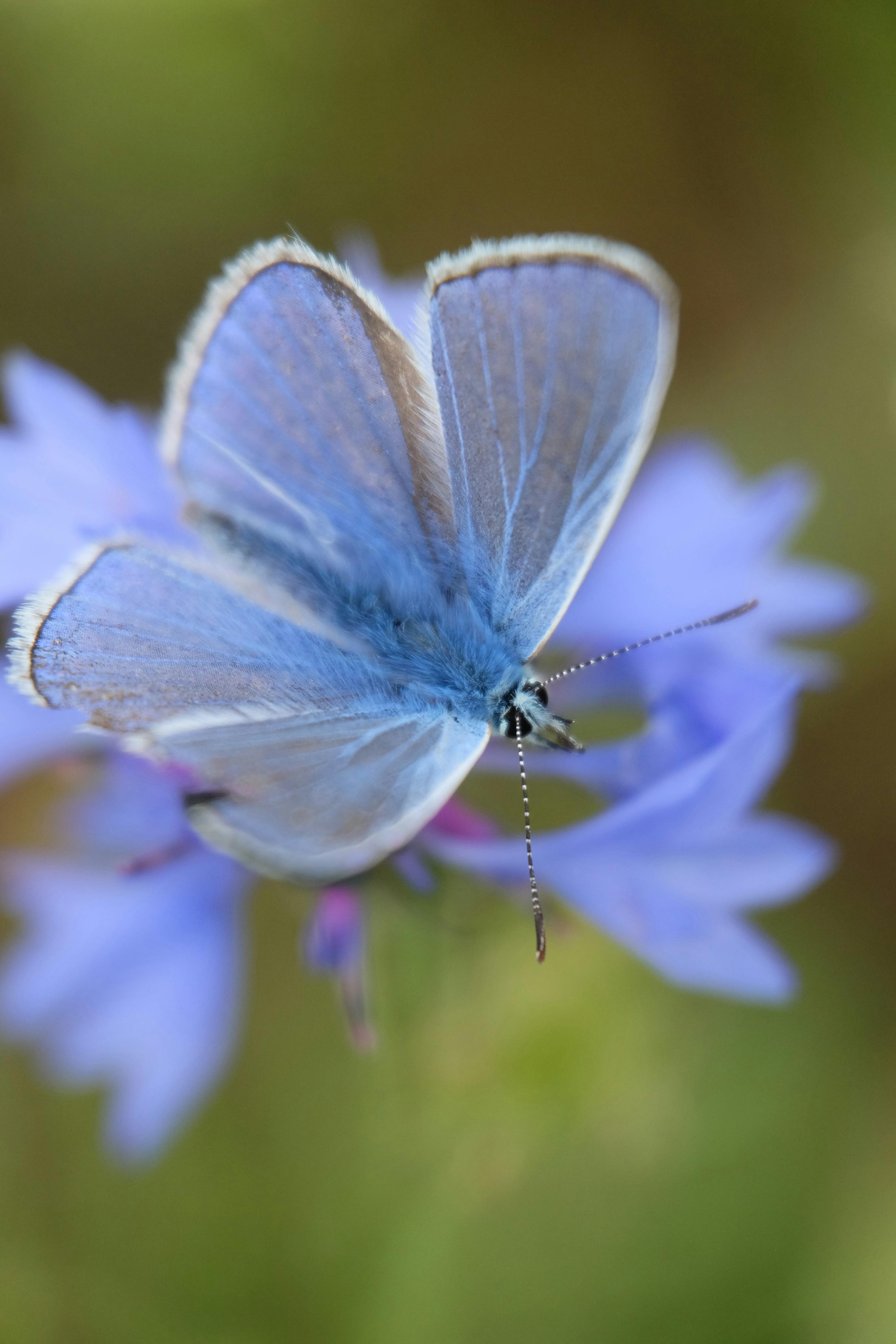Smart Ways to Enhance Betta Fish Diet for Optimal Growth in 2025

Effective Ways to Optimize Betta Fish Diet for Healthier Growth in 2025

Betta fish are admired for their vibrant colors and engaging personalities, making them a popular choice for aquarists. However, the key to ensuring your betta thrives lies significantly in its diet. Optimizing the betta fish diet is crucial for promoting healthier growth, enhancing color, and maintaining overall well-being. With the right knowledge, you can provide your betta with a nutritious and varied diet that meets its unique dietary needs.
In this article, we'll explore effective practices and recommendations for betta fish feeding, including the best types of food, feeding schedules, and tips to enhance your betta's nutrition. By understanding the essentials of a balanced diet for bettas, you'll help your fish flourish and display its best colors. We'll also touch on common mistakes to avoid when feeding your betta and share insights on selecting the best products.
Essential takeaways include understanding which foods are beneficial, how often to feed your betta, and the importance of variety in their diet to prevent nutritional deficiencies. Whether you are a beginner or a seasoned aquarist, these strategies will provide a comprehensive approach to supporting your betta fish's dietary needs in 2025.
Essential Ingredients for a Balanced Betta Fish Diet
Understanding the components of a balanced betta fish diet is fundamental to promoting their health and growth. Betta fish are carnivorous by nature, requiring a diet rich in proteins. This requirement leads to the primary consideration of ingredients when selecting the fish food.
Quality fish food for bettas often includes high-protein pellets, flakes, and various types of live or frozen food. Best betta pellets on the market provide superior nutrition with the right balance of protein and essential nutrients. Look for products that list fish meal, shrimp meal, or whole fish as their primary ingredient, indicating a high protein content. Feed your betta food options that include essential nutrients like amino acids, vitamins, and minerals.
Incorporating versatile food types, such as betta flakes, live foods, and frozen food for bettas, adds not only nutritional value but also mental stimulation and encourages natural hunting behavior. Regularly changing the food types you offer enhances your betta’s chances of receiving a diverse range of nutrients necessary for optimal health.
Remember, the quality of the food is vital. Research brands and consider factors such as ingredient composition and added nutrients to ensure you are providing your betta with the best options available. This attention to detail in your betta fish health will lead to improved growth rates and vibrant colors over time.
High-Protein Diet for Bettas
A high-protein diet is essential for bettas, especially if you're aiming to promote growth and vibrant colors. Protein aids in muscle development and overall health. When selecting food, aim for at least 30% protein content for mature bettas, while fry may require even higher levels for their rapid development.
Live food for bettas, such as brine shrimp, daphnia, or bloodworms, serves as an excellent protein source. When considering frozen food for bettas, ensure the packaging maintains the nutritional integrity of the product. Look for reputable brands and ensure the food is stored correctly to prevent spoilage and loss of nutrients.
Incorporating high-protein foods like mealworms can significantly enhance your betta's energy levels and health. However, ensure these treats only comprise about 10% of your betta’s overall diet, as they are high in fat.
Additionally, switching between high-quality pellets and occasional live or frozen foods introduces variety, which can prevent boredom and increase your fish's feeding motivation. Pay attention to your betta's response to different food types; a healthy response includes eager feeding and regular activity levels.
Vegetable Options for Bettas
While bettas are primarily carnivorous, they can benefit from small amounts of plant-based foods. Vegetables like peas (skinned and mashed) provide fiber that aids in digestion and can prevent common digestive problems in bettas. These treats should be offered sparingly but can complement their primary diet.
Some aquarists successfully introduce blanched spinach or pumpkin into their betta’s diet, which can enhance overall health. However, it’s crucial to monitor the portion sizes, ensuring that these vegetable options do not dominate their feeding regimen.
Introducing vegetables should be gradual to observe any potential reactions or preferences. Ensure that these foods are always fresh and prepared appropriately to prevent any health issues. Understanding your betta fish resembles the typical betta fish feeding habits will enhance the introduction of these nutrients.
Feeding Guidelines for Adult Bettas
Creating a structured feeding schedule significantly benefits your betta, as it contributes to their overall health and well-being. Adult bettas should be fed 2-3 small meals per day. This schedule helps prevent both overfeeding and underfeeding, which can lead to health problems. It's integral to understand how often to feed betta fish to establish a feeding routine that suits their dietary needs.
A good rule of thumb is to only provide food that can be consumed within 2-3 minutes. This practice limits excessive waste and helps maintain water quality in their tank. Overfeeding can lead to obesity and issues related to a disrupted digestive system.
Experimenting with feeding times can also help you discover when your betta is most responsive and eager to eat, which promotes engagement and reduces stress. Maintaining reliable feeding times aligns with their natural instincts and can enhance their overall behavior.
Choosing the Right Betta Fish Food
When it comes to choosing betta fish food, the vast array of options can be overwhelming. While there is an assortment of commercial diets available, selecting food that balances quality and nutritional content is paramount. Understanding what to feed betta fish pairs directly with the health they will exhibit.
Many commercial betta food brands offer specialized formulations to cater to bettas' unique nutritional requirements. When selecting your food, look for options specifically labeled for bettas. Pellets and flakes can be formulated to meet their dietary needs, delivering the right balance of protein and essential nutrients.
Quality fish food for bettas usually includes combinations of fish meal, shrimp meal, and various nutrient supplements. Be cautious about brands that might not meet the necessary standards or contain fillers and artificial additives. Reading labels and researching brands is a prudent practice to guarantee you are offering your betta the best diet possible.
Additionally, consider integrating homemade betta food into your betta's diet as a supplement. Recipes utilizing ingredients like spirulina, shrimp, and high-quality fish can be tailored to meet dietary preferences. However, ensure that proper nutritional ratios are maintained to avoid dietary imbalances.
Alternating between commercial and homemade food can introduce variety, ensuring your betta remains interested during feeding time and receives a comprehensive range of nutrients.
Pellet vs. Flakes for Bettas
The debate between pellets vs. flakes for bettas often leaves aquarists uncertain about what is best. While both forms have their benefits, understanding their differences is crucial for making the right choice.
Pellets are often considered superior to flakes since they typically maintain their nutritional value longer and minimize the risk of water pollution. Pellets tend to sink, which caters to bettas' feeding habits, as they prefer to hunt near the bottom. Furthermore, high-quality pellets also offer a more concentrated source of nutrition.
On the other hand, flakes can be easier for new fish keepers and are often versatile and more affordable. However, it’s essential to ensure that the flake food is fresh to prevent spoilage. Flakes also have a higher risk of digestion issues if overfed, as they may expand in the stomach.
Ultimately, it may be advantageous to use a combination of both pellets and flakes in your betta's diet to prevent dietary boredom and ensure comprehensive nutrition. Monitoring your betta's eating behavior will guide you to determine which form is more appealing to them, thereby optimizing their feeding strategy.

Creating a Feeding Schedule for Betta Fish
A well-structured feeding schedule is vital in ensuring that your betta fish receive optimal nutrition while maintaining a stable aquatic environment. Understanding feeding frequency for bettas can help aquarists establish clear routines tailored to their fish’s growth and behavior.
For adult bettas, feeding 1-2 times per day is often sufficient, spaced out to prevent rapid overconsumption. Timing can play a significant role in how your betta reacts; establishing meal times that cater to their natural instincts can enhance your fish's health.
Young bettas or fry require more frequent feeding, typically 3-4 small meals throughout the day. These meals should consist of finely crushed pellets or specialized fry food to avoid choking hazards. Offering different food options throughout the day can ensure that they receive various nutrients while maintaining their energy levels.
Keeping a consistent structure to the feeding routine will not only promote health but also build trust between you and your betta fish, as they will learn to recognize feeding times.
Importance of Variety in Betta Diet
Incorporating variety into your betta's diet is crucial for avoiding nutritional deficiencies and keeping your fish engaged. Bettas thrive on diversity, and switching between different foods can promote better health outcomes, including improved colors and growth.
Different food types offer various essential nutrients and flavors, keeping mealtime exciting and stimulating for your betta. By offering a balanced mix of pellets, flakes, live foods, and occasional vegetable treats, you can help mitigate risks linked to dietary imbalances.
A good practice is to rotate food types weekly or bi-weekly, introducing new elements consistently. This practice ensures that your betta receives a well-rounded diet, thereby encouraging optimal health and reducing stress.
Ultimately, observing how your betta reacts to various foods will guide you in customizing their nutrition to suit their preferences while simultaneously enhancing their overall health.
Q&A: Addressing Common Concerns About Betta Nutrition
How often should I feed my betta fish?
Adult bettas should typically be fed 2-3 small meals per day, while baby bettas or fry require 3-4 meals daily. The portions should only include what your betta can consume within a few minutes.
What are the best types of food for bettas?
The best food options for bettas include high-protein pellets, flakes designed for bettas, live food like brine shrimp, and frozen options like bloodworms. Always prioritize high-quality brands to ensure sufficient nutrients.
Can I make my own betta fish food?
Yes! Homemade betta food can be a great supplement to their diet. Ingredients like shrimp, spirulina, and other high-protein items can be blended into a customized meal. Just ensure to balance fats and proteins accordingly.
Are there specific treats I can give my betta fish?
Nutritious snacks for bettas include live foods like daphnia and bloodworms as well as vegetable options like peas. Treats should not exceed 10-15% of their daily diet.
What should I avoid when feeding my betta fish?
Avoid overfeeding and providing low-quality foods that contain fillers or artificial additives. Also, steer clear of foods not suitable for a carnivorous diet, like bread and processed meats.